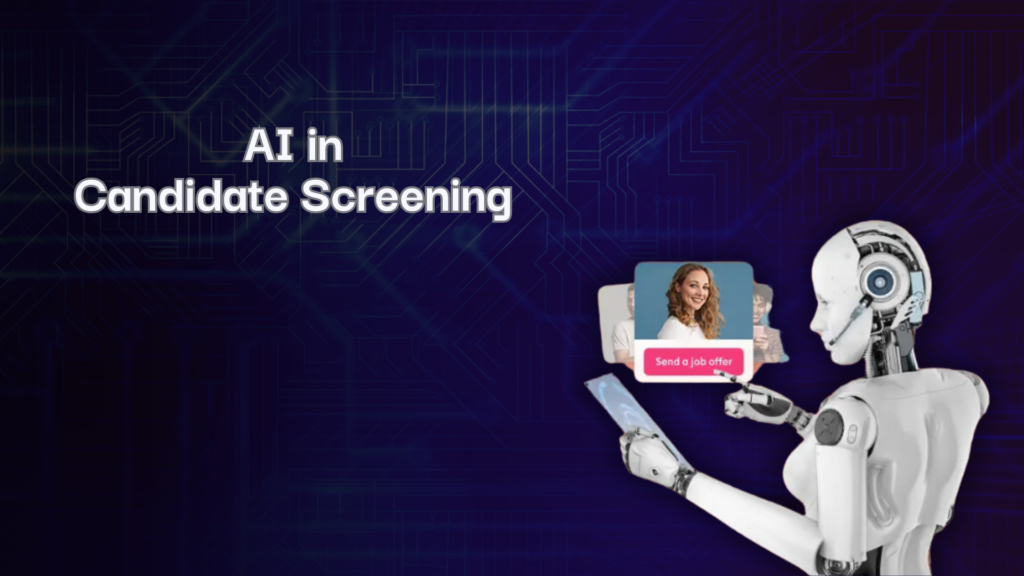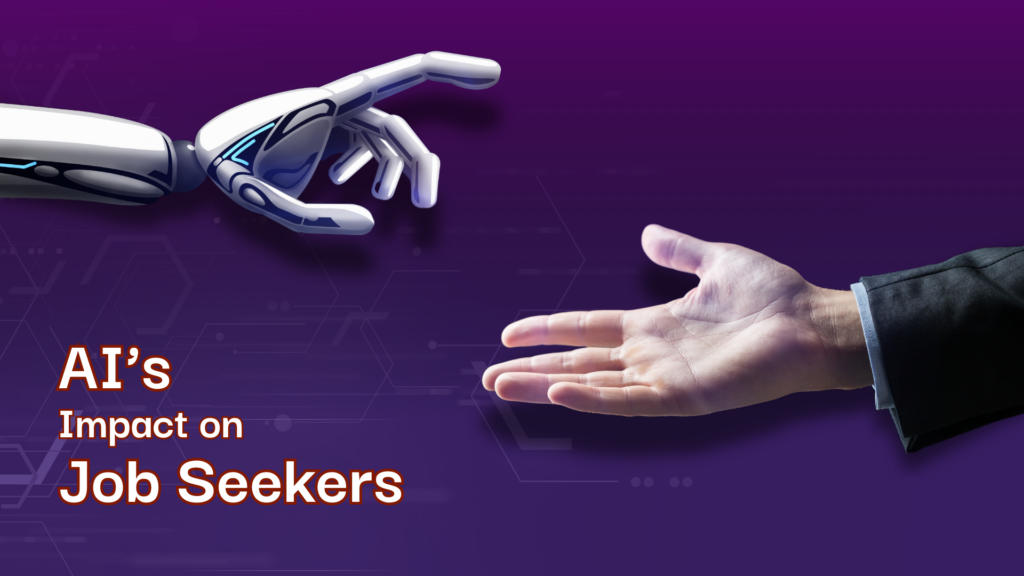The Role of AI in Revolutionizing Recruitment
The massive increase in AI in recruitment has been the core reason for this paradigm shift. Trends indicate that the majority of organizations are suffering from a crisis in terms of finding top talent, and AI has been seen as a transformative solution toward process streamlining and betterment in efficiency. This blog explores the role of AI in recruitment and offers actionable insights for HR professionals, recruiters, and business leaders.
Demand for AI in Recruitment
Traditional hiring processes are always a step behind the needs of the new age. Filtering through resumes, conducting interviews, and assessing cultural compatibility is time-consuming and resource-intensive. Unconscious biases are also a major barrier to diversity and inclusion. AI in recruitment overcomes these problems by automating repetitive tasks, reducing bias, and making data-driven hiring decisions. From resume screening to predictive analytics, AI enables recruiters to focus on strategic and meaningful candidate interactions.
How AI is Revolutionizing Recruitment Processes
1. Intelligent Resume Scanning
AI inside recruitment tools can scan multiple resumes quickly, assessing skills, experience, and qualifications with precision in a manner much more comprehensive than using keywords. The avua platform streamlines this task and helps recruiters focus on the most qualified candidates.
2. Align Candidate and Predictive Analytics
AI goes beyond just resume screening. It looks for behavioral patterns, soft skills, and cultural fit. Predictive analytics can predict the probability of retention and performance metrics, making for better long-term matches between employers and employees.
3. Improving the Candidate Experience
AI enables personalized and efficient communication for the candidate experience. Chatbots powered by AI provide instant answers, schedule interviews, and even provide updates on application statuses. Additionally, targeted job suggestions lead candidates to opportunities that match their competencies and career goals.
4. Bias Elimination in Hiring
AI advocates equity, as its screening of applicants relies purely on data-driven metrics. Every resume is anonymously considered, and assessments are standardized, not based on biased procedures. However, the diversity in the data behind AI tools should exist for equitable outputs.
5. Automating Administrative Tasks
AI in recruitment automates routine tasks like scheduling interviews, sending reminders, and following up, reducing the recruiter’s workload and speeding up the hiring timeline with consistent communication with candidates.
Business Impact of AI in Recruitment
The use of AI in recruitment has several key advantages:
- Time Savings: AI accelerates the screening and selection process.
- Cost Efficiency: Reduces the use of resources.
- Quality of Hire: AI-based insights lead to smarter hiring decisions.
- Diversity: Objective algorithms ensure diversity in hiring.
- Scalability: AI systems can execute many programs concurrently without compromising quality.
Challenges and Ethical Considerations
However, AI in recruitment needs to be transparent and ethically controlled. HR professionals must audit AI systems to understand and rectify unintended biases while adhering to data privacy regulations. Above all, AI should supplement human judgment, not replace it. Empathy and intuition continue to play a role in recruitment decisions.
Preparing for the AI-Driven Recruitment Future
Organizations that want to stay competitive can no longer ignore AI in recruitment. avua is one of the tools that optimize time for building relationships and strategic decisions, leaving repetitive work to AI. AI in recruitment will continue to grow as technology improves, helping businesses build diverse and high-performing teams.

